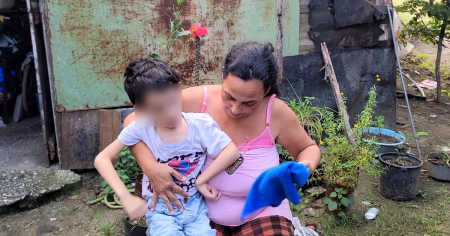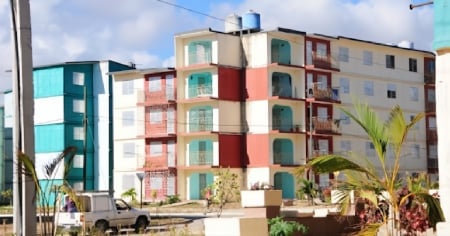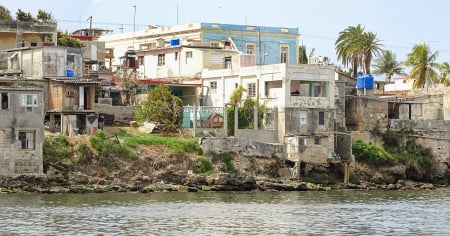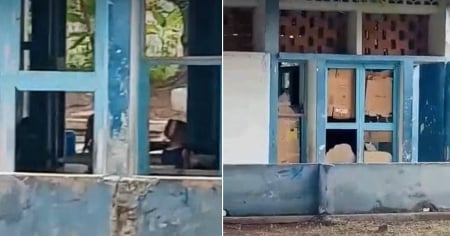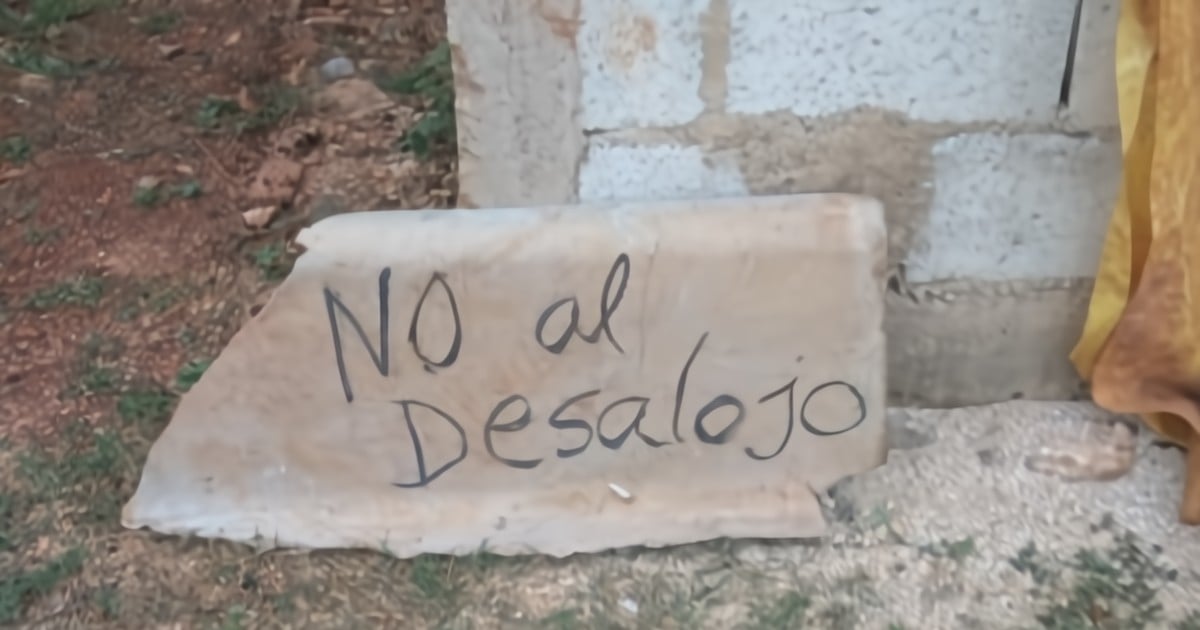
Related videos:
The Cuban government announced stricter measures to address the illegal occupation of homes and state properties, based on the provisions of the new Penal Code (Law No. 151), which has been in effect since December 2022.
The official newspaper Granma published a recent article announcing that authorities will be able to immediately evict illegal occupants, without needing to wait for the conclusion of judicial processes.
These actions aim to protect private and state property, but they also reveal the deep social and economic inequalities that drive these housing and business occupations in Cuba.
Article 421 of the Penal Code establishes penalties ranging from six months to five years of imprisonment, depending on the severity of the cases.
Illegal occupations, which may involve the use of force or intimidation, will be addressed swiftly to ensure the restitution of properties to their rightful owners.
These measures are reinforced by Opinion No. 471 of the Council of Government of the People's Supreme Court, approved in February 2023, which outlines the legal actions necessary to ensure a swift resolution of these conflicts.
Illegal occupations have increased in recent years
Official data indicates that the housing deficit in the country exceeds one million properties, while the lack of resources for the construction and repair of houses has driven many families to occupy uninhabited properties.
Among the main affected by these punitive measures are single mothers, the elderly, and families in situations of extreme vulnerability.
The government justifies these actions as a way to preserve legality and order. However, activists and non-governmental organizations point out that these measures do not address the structural causes of the problem.
The lack of accessible housing programs and economic instability have led many Cubans to view illegal occupation as their only option to secure a roof over their heads, a moderately decent place to live.
The official response, which prioritizes the protection of property over the basic needs of citizens, highlights the disconnect between public policies and the reality of a population struggling to survive.
The new penal provisions, while necessary to restore order, do not represent a comprehensive solution to the housing problem, leaving thousands of families without a viable exit.
Eviction cases in Cuba in 2024
In recent months, multiple cases of forced evictions have been reported in Cuba, generating outrage and public condemnation.
Recently, a Cuban mother, her daughter, and four grandchildren were evicted from their home in Havana, an incident that highlights the vulnerability of those affected. This case is yet another in a series of housing conflicts that have come to light.
In August 2024, another eviction attempt stemming from a family dispute was publicly reported. In this incident, the legal disputes over the ownership of the home left a family at risk of losing their residence, highlighting the housing crisis facing the island.
In July 2024, a Cuban reported the eviction of his grandmother in Granma, who, despite her advanced age, was forced to leave her home. This case adds to a growing list of evictions that particularly impact the most vulnerable sectors of the population.
In April 2024, authorities threatened to evict a teenager with her baby. This incident highlights the challenging situation of young people and single mothers in Cuba, who face additional difficulties in securing safe housing.
Frequently Asked Questions about Evictions and Housing Crisis in Cuba
What measures has the Cuban government taken regarding illegal occupations of housing?
The Cuban government has announced immediate evictions for illegal occupants, based on the new Penal Code (Law No. 151) that allows action without waiting for judicial processes. These measures aim to restore private and state property, but they also reflect the social inequalities that drive these occupations.
What is the current housing situation in Cuba?
A recent report reveals that only 65% of homes in Cuba are in good technical condition. This is the result of decades of neglect, lack of planning, and limited access to quality construction materials, worsened by natural disasters. The housing deficit in the country exceeds one million properties.
Why have illegal occupations increased in Cuba?
The increase in illegal occupations is due to the lack of resources to build and repair housing, which has pushed many families to occupy vacant properties. Economic hardship and the absence of accessible housing programs have made illegal occupancy seen as an alternative for having a roof over their heads.
Who are the main affected parties by the punitive measures of the Cuban government?
Among the main affected are single mothers, the elderly, and families in extreme vulnerability. These measures prioritize the protection of property over the basic needs of citizens, highlighting the disconnect between public policies and the reality of a population struggling to survive.
Filed under:

